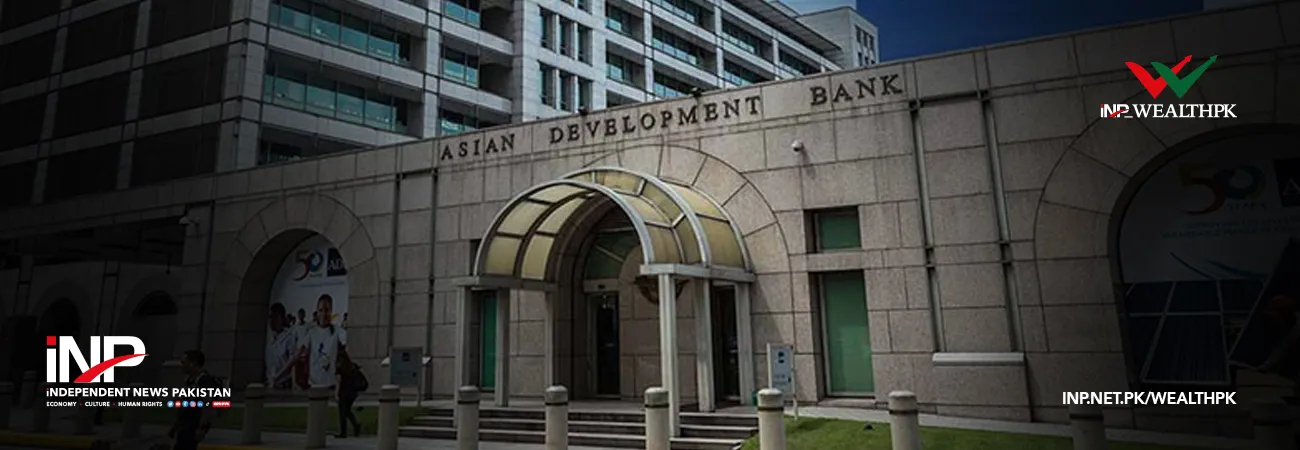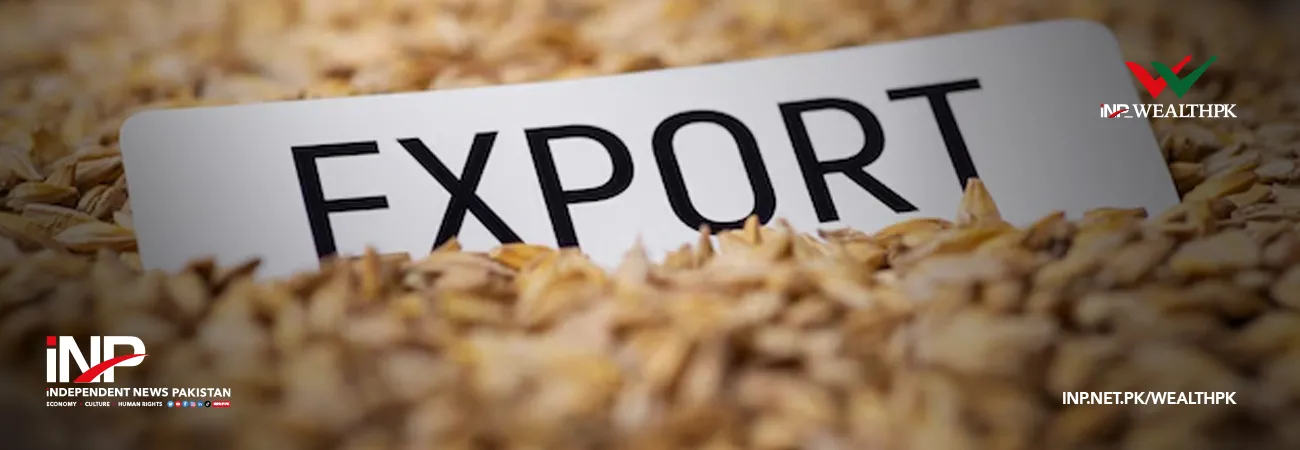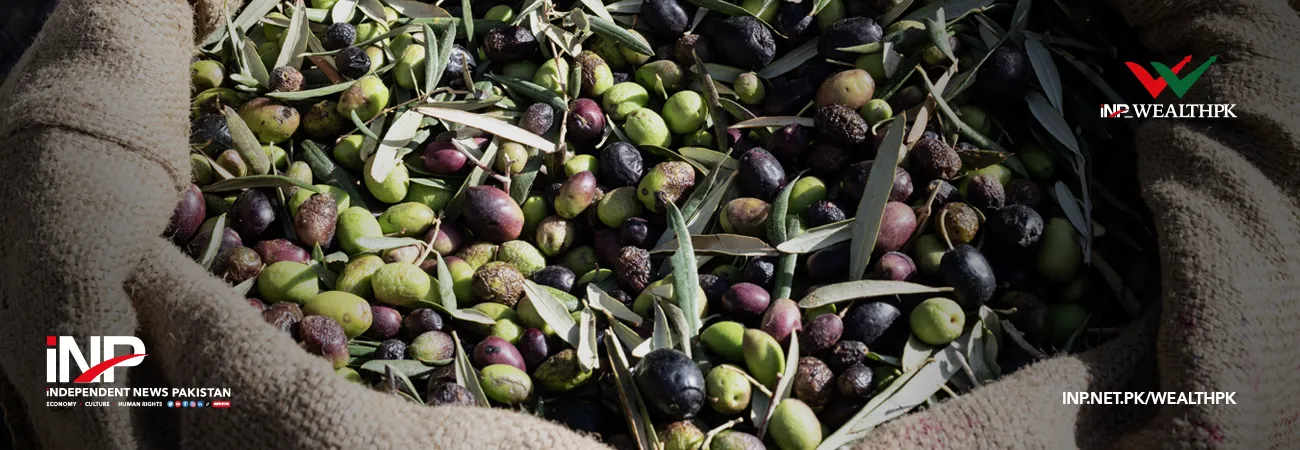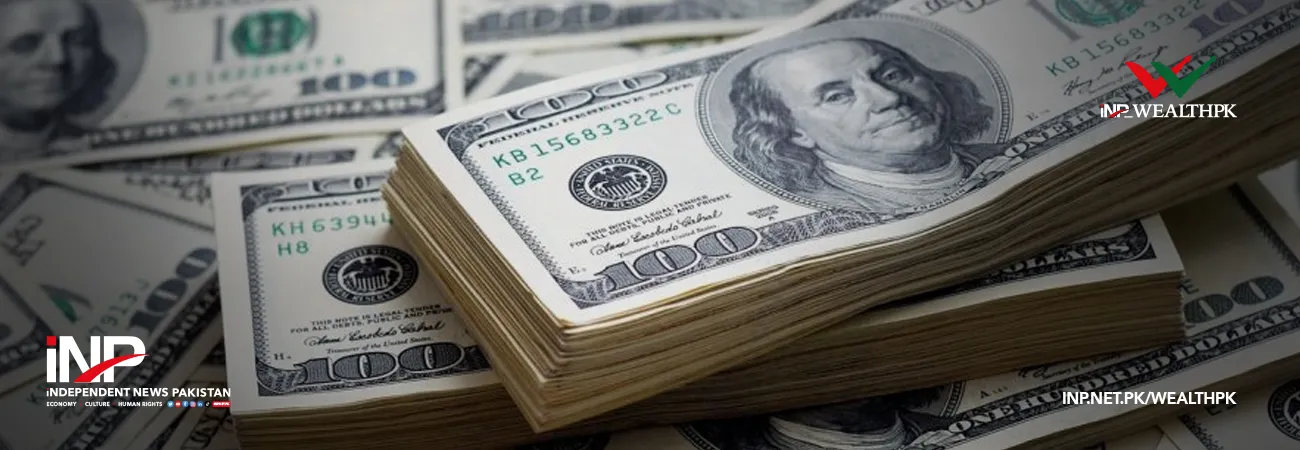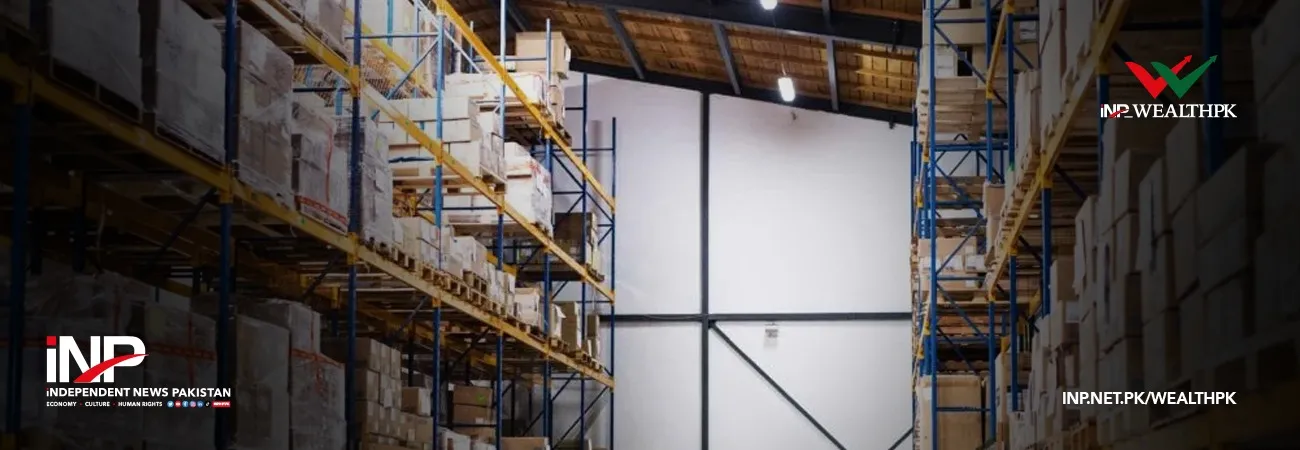آئی این پی ویلتھ پی کے
Arooj Zulfiqar
Pakistan's path to sustainable economic growth hinges on investing in human capital — a move essential for revitalizing domestic productivity and driving export-led expansion in a competitive global market, according to WealthPK.
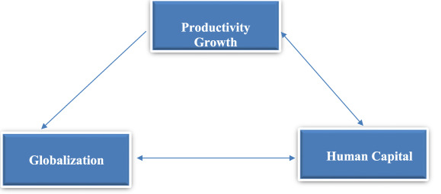
“In the face of evolving global economic dynamics, Pakistan’s journey toward sustainable growth necessitates a renewed focus on enhancing domestic productivity. With human capital emerging as a critical driver of economic competitiveness, the imperative of investing in the nation’s workforce to stimulate export-led growth has never been more pronounced,” said Dr Abid Qaiyum Suleri, Executive Director of the Sustainable Development Policy Institute (SDPI), in an interview with WealthPK.
“Human capital, skills, knowledge, and abilities of a country’s workforce is the backbone of industrial and economic progress. For Pakistan, where the youth represent a significant portion of the population, leveraging this latent potential could unlock unprecedented opportunities for economic expansion. However, the country’s Human Development Index (HDI) ranking paints a stark picture, reflecting the need for substantial investments in education, healthcare, and vocational training,” he said. He said, “One of the pressing challenges undermining productivity is the skills gap.
Industries, particularly in export-oriented sectors like textiles, IT, and agriculture, often face a shortage of skilled workers, impeding their ability to meet international quality and production standards.” He called for comprehensive reforms in technical and vocational education to address this gap, equipping the workforce with the expertise required to thrive in a competitive global market. “Incorporating technology and fostering innovation are essential to improving productivity and achieving export-led growth.
The countries that have invested heavily in R&D and upskilling their workforce have successfully transitioned into high-value industries. Pakistan must follow suit by incentivizing R&D initiatives and promoting STEM (Science, Technology, Engineering, and Mathematics) education. Building technological hubs and incubators can serve as breeding grounds for innovation, creating new export opportunities in fields like software development, renewable energy, and precision agriculture,” he said.
To achieve meaningful progress, a robust policy framework is essential. The government must prioritize investments in human capital by allocating higher budgetary resources to education, healthcare, and vocational training. Additionally, public-private partnerships can amplify the impact of these initiatives, ensuring that the resources are efficiently utilized.
The key policy measures could include tax breaks to the industries that invest in employee training and development, encouraging businesses to adopt technology and innovative practices by linking export incentives to productivity metrics, and focusing on gender equality and marginalized communities to ensure equitable participation in the workforce. Export-led growth remains a cornerstone of Pakistan’s economic strategy, but its success hinges on the competitiveness of domestic industries.
By prioritizing human capital development, the nation can reduce its reliance on imports, enhance product quality, and establish a stronger foothold in international markets. Sectors such as textiles, IT services, and agro-based industries stand to benefit significantly from a skilled and innovative workforce. Moreover, aligning trade policies with labor market reforms can create a virtuous cycle of growth. For instance, incentivizing exports of high-value products while concurrently investing in workforce upskilling can lead to sustainable economic gains.
Credit: INP-WealthPk




